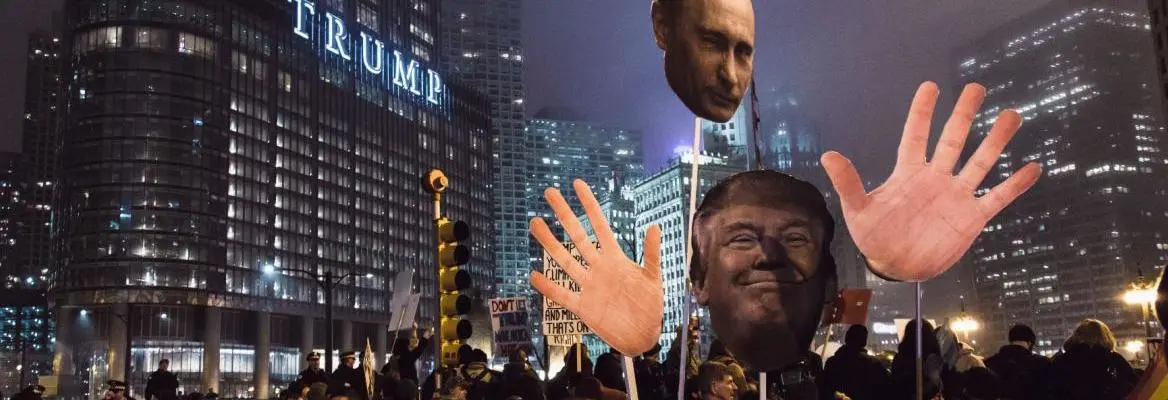States pursue their own interest, and are always at risk of being attacked by other countries, wrote Thomas Hobbes in the 17th century. With the rise of populist impulsive leaders, the world does indeed seem like an increasingly unstable place. We asked Harvard professor of International Relations Stephen Walt about why threat matters more than power, how Trump’s foreign policy is challenging international alliances, and how we created rules to make cooperation easier but have not found a way to prevent conflict where the road is paved with unfriendly intentions. Sitting firmly in the realist school, as he puts it, Walt is concerned with explaining how the world is, rather than how it should be. – Paula Erizanu
PE: What were your first thoughts when you read about the US agreement with North Korea, and Trump’s recent declarations accusing Western allies for abusing the US through tariffs at G7?
SW: There isn’t really much of an agreement between North Korea and the United States. The meeting in Singapore was long on theatre but very short on substance. The North Koreans made no firm commitments to do anything or refrain from doing anything and in a sense the US made a concession offering to suspend military exercises with South Korea – something we did, by the way, without consulting the South Koreans. This got a lot of attention but ultimately was largely meaningless. Trump to some degree got played by the North Koreans because he was more interested in the spectacle than in getting serious about trying to work out our differences.
In terms of G7, I think it was irresponsible behaviour on Trump’s part to engage in what was essentially a fit of peak over the fact that he was getting some pushback from our allies. To have treated these countries and their leaders with almost personal contempt was very short-sighted diplomacy as it’s going to encourage these countries to do less and less to keep the United States happy because this doesn’t seem to be working.
PE: Realism doesn't put emphasis on personality. Does Trump's outburst at G7 specifically, and his erratic behaviour more generally, then not have considerable consequences for IR?
SW: There’s no question that realism as a theory of world politics does not place much emphasis on personality. It tends to focus much more on balances of power, distribution of capabilities, what states want and the absence of security protection in the international system. But realism still has some things to say about what happens when a leader like Trump comes along.
There are two things I would emphasise. First of all, the US has more latitude in foreign policies than almost any other country in the world. We’re very powerful, wealthy, quite secure in the Western hemisphere, which means there’s a very wide range of choices available to an American president and to his aid. That means that when you get an unusual President – and he is certainly that, he doesn’t have to worry as much about what the rest of the world is going to do, at least in the short term. In that sense, realism can help you understand why someone like Trump can get away with any kind of behaviour.





















Join the conversation